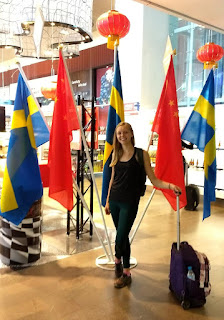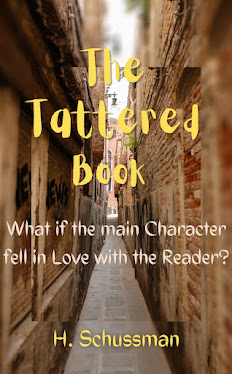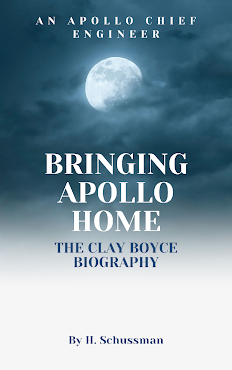Full disclosure! I don’t believe in fake writing. If you’ve
read my blogs for any amount of time you know I tell it like it is. So, when I
was contacted by Vanessa of ItalyIndeed,
I was a little leery. A group of people in the hospitality and tourism industry
of Southern Lazio (southeast of Rome) are making a joint effort to increase
awareness to this beautiful region. As part of this movement they volunteered
to provide tours and experiences free or discounted to me. The goal was to
reach my large following of travelers.
This occasionally happens to me. I’m always eager to
participate, but if I don’t like what I experienced, I don’t write about it or
I will say something simple. But this was more of a challenge. This would be an
entire community sharing their pride in this region with me. No pressure,
right?
It started with Vanessa
Ianni, a local girl. Vanessa spent one year of her college studies in
England and that was enough to fall in love with her husband. She, therefore
speaks flawless English and about five other languages, as this was her
major—languages. She recently started up her own tour company, Italyindeed.com.
Vanessa contacted me through our mutual friend, Gianluca. I was sent an
itinerary and maps to get an idea where we were going.
Vanessa picked us up in an Alfa Romeo because we were a
small group, otherwise she uses a van. This was a very intense tour with
fifteen destinations in three days. Because so many locals wanted to
participate it was much more condensed than I recommend (though there are
travelers who like to squeeze it all in).
Off to our first stop in Anagni (ah-non-yee). After our short time in Rome, I was pleasantly
surprised with how lush the landscape is. Having been to Tuscany, I can
honestly say Southern Lazio is equally beautiful. These foothills are dotted
with pretty castle towns like Anagni. The war torn history only adds to the
beauty and pride of this region.
The first inhabitants (the Hernici people) showed up in
Anagni about 700 years before Christ (fossils date much further back than that,
but these are the original city dwellers of Anagni). They rallied their tribal
forces and fought the Roman Empire. They lost. Anagni became the vacation spot
for Roman nobleman, than later residences of the popes. Actually this little
hill town produced four popes. Beatrice Cretaro met us for a guided tour of the
Santa Maria Cathedral of Anagni and the crypt. Standing out front I was struck
by the simplicity of the church façade (especially after seeing the interior).
Inside we saw a lot of artifacts, but the most bizarre were
two busts of popes. One contained the actual head of the pope and the other had
the combo of two heads inside. They’re made of gold, silver and other metals,
and studded with precious stones.
We got to see the wooden sculpture of Christ
with a little wooden tongue that could be mechanically drawn in and out of his
mouth during processions. It was quite a high-tech hit with locals back then.
Then we went through the church (built over an ancient pagan
shrine). The mosaic flooring is stunning here. Down we went to catch a glimpse
of the original pagan shrine and then over to the crypt.
I’ve never seen
anything like this. The art work is so well preserved it defies logic. The
paint (depicting the Bible, Popes, and scholars) looks almost fresh. Beatrice
had to pry us out of there. She ended our tour standing in front of the pope’s
residence/palace. We got a rundown on “Anagni’s Slap” during the “Outrage of Anagni.”
A French regiment took the town and captured the pope. Sciarra Colonna slapped
Pope Boniface VIII while being held captive. This led to the death of the pope
(died of chagrin), excommunication of Anagni, and the subsequent decline from
bustling little city to a village.































































